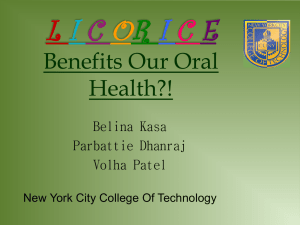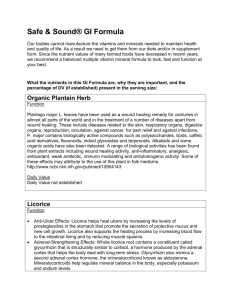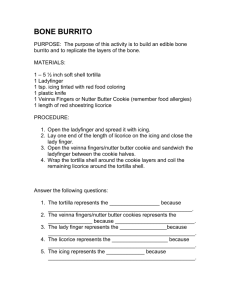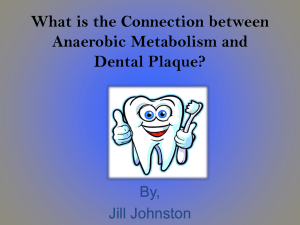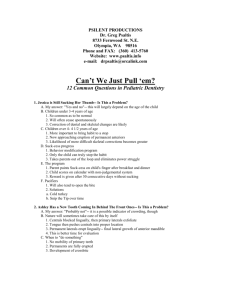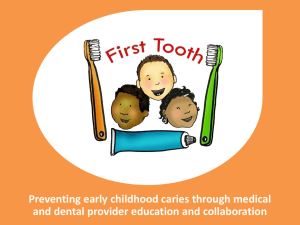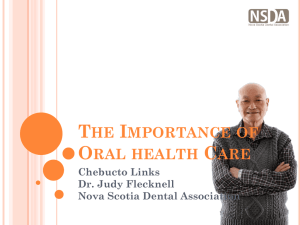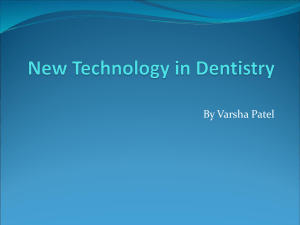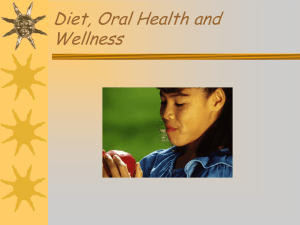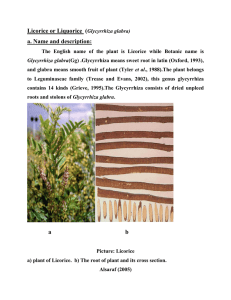The benefit of licorice for our oral health
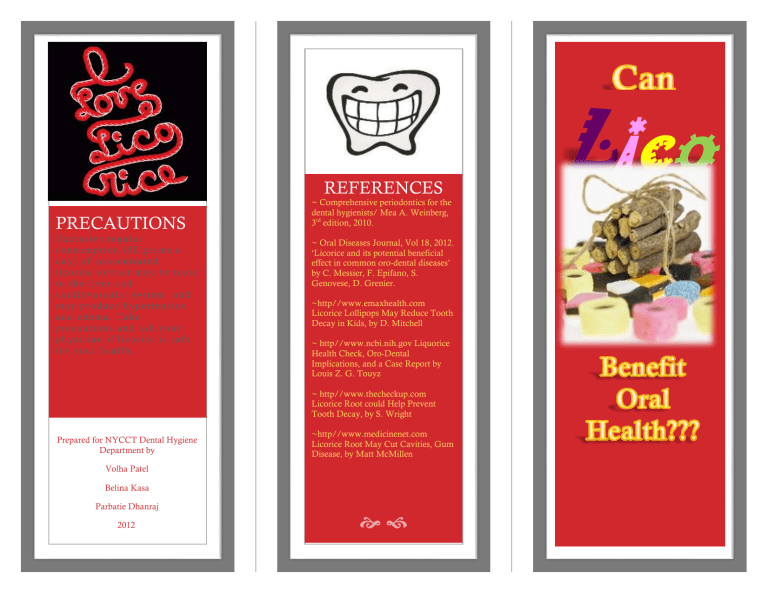
PRECAUTIONS
Excessive regular consumption (50 grams a day) of concentrated licorice extract may be toxic to the l iver and cardiovascular system, and may produce hypertension and edema. Take precautions and ask your physician if l icorice is safe for your heal th.
Prepared for NYCCT Dental Hygiene
Department by
Volha Patel
Belina Kasa
Parbatie Dhanraj
2012
REFERENCES
~ Comprehensive periodontics for the dental hygienists/ Mea A. Weinberg,
3 rd edition, 2010.
~ Oral Diseases Journal, Vol 18, 2012.
‘Licorice and its potential beneficial effect in common oro-dental diseases’ by C. Messier, F. Epifano, S.
Genovese, D. Grenier.
~http//www.emaxhealth.com
Licorice Lollipops May Reduce Tooth
Decay in Kids, by D. Mitchell
~ http//www.ncbi.nih.gov Liquorice
Health Check, Oro-Dental
Implications, and a Case Report by
Louis Z. G. Touyz
~ http//www.thecheckup.com
Licorice Root could Help Prevent
Tooth Decay, by S. Wright
~http//www.medicinenet.com
Licorice Root May Cut Cavities, Gum
Disease, by Matt McMillen
L i c o r i c e
The leading causes of tooth loss among children and adults worldwide are tooth decay and gum disease.
Dental caries:
is a complex and chronic disease that is associated with a progressive destruction of the hard tooth structures by the action of biofilm bacteria (specifically Streptococcus mutants and Streptococcus sobrinus).
Periodontal diseases:
which include gingivitis and periodontitis, involve a specific group of Gramnegative anaerobic bacteria that interact with host immune cells.
Oral candidiasis
: is an opportunistic infection of the oral cavity caused by an overgrowth of
Candidda albican species
Licorice, or Liquorice, is a uniquely tasting herb derived from
Glycyrrhiza glabra (a.k.a. Sweet Root).
The edible and sweet root of licorice has been used in food and medicine for thousand years.
Someday your dentist may advise three things for good oral health: brushing, flossing and licorice root.
active chemical ingredients imparting the unique liquorice taste are glycyrrhizic acid and glycyrrhizin, which are 50 times sweeter than sucrose, inhibits the adherence of bacteria to teeth
licoricidin and licorisoflavan A are strong antimicrobials that prevent the growth of bacteria and have antifungal properties
Effects of licorice on oral health
speeds healing of mouth sores by limiting irritation to the damaged tissue
reduces dental caries by anti-bacterial activity against the cariogenic bacterium S. mutans
impacts the dental caries by stimulating salivary flow, which protects, cleanses and helps to remineralize teeth
therapeutic for treating oral candidiasis by inhibiting to grows of
Candida albicans
has potential to inhibit growth and formation of biofilm
